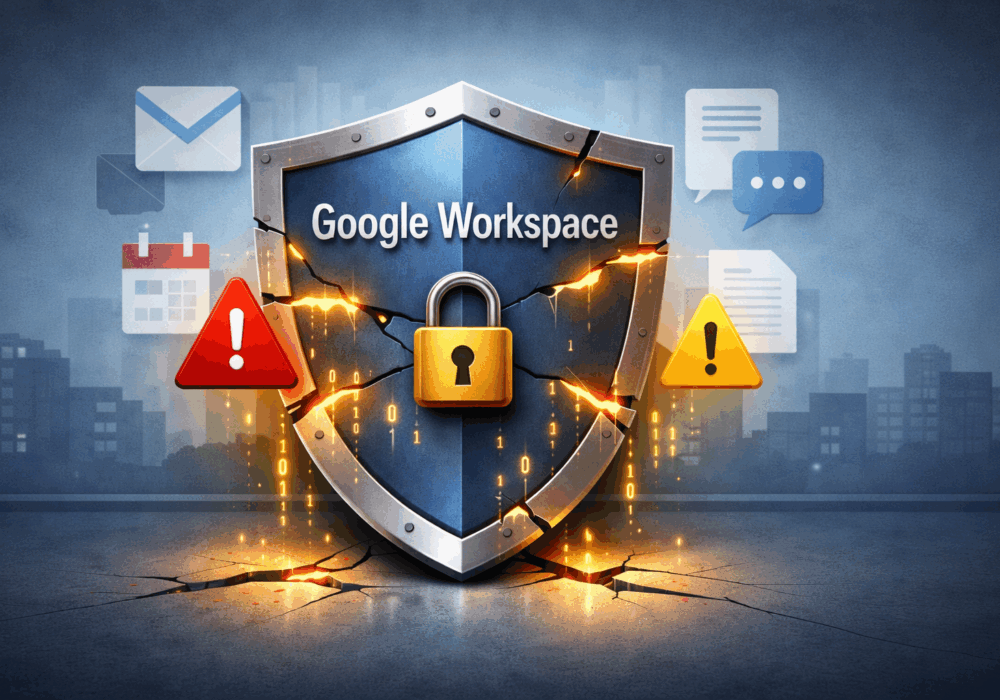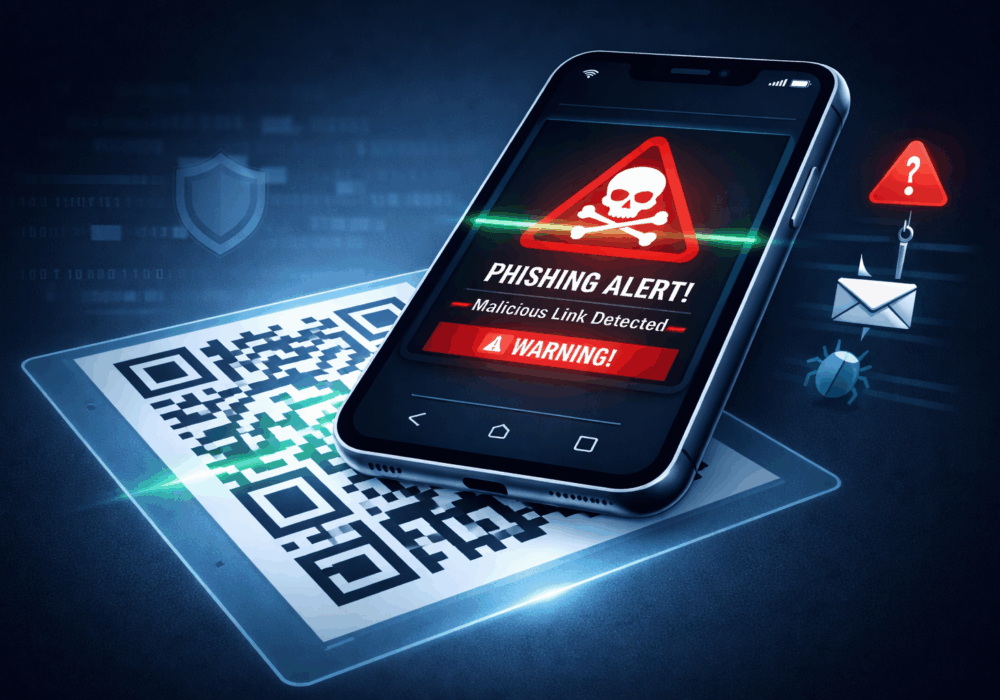A Network Interface Card (NIC) provides networking capabilities for a computer. It may enable a wired connection (Ethernet) or a wireless connection (Wi-Fi) to a local area network. NICs were commonly used in desktop computers in the 1990s and early 2000s. In the 1980s and early 1990s, many computers did not include networking capabilities, so a NIC could be added as an expansion card.
Many computers and wireless devices now include an integrated networking component called a network adapter. This may be an Ethernet controller and port attached to the edge of a motherboard or a small wireless networking chip located on the motherboard. A network adapter may also be a small tool that connects to a USB port. While the terms “NIC” and “network adapter” are often used synonymously, a NIC is a type of network adapter while a network adapter is not necessarily a NIC.
NICs are generally outdated at this point in time with desktop device production declining. Now, every device comes with Internet connectivity, it’s expected of products. Anyone reading this article right now has Internet connectivity, and so does the rest of your company. With that said, these recommendations below will help you and your business stay secure with the various threats you may face on a day-to-day basis. All of the suggestions listed below can be gained by hiring CyberHoot’s vCISO Program development services:
All of these recommendations are built into CyberHoot the product or CyberHoot’s vCISO Services. With CyberHoot you can govern, train, assess, and test your employees. Visit CyberHoot.com and sign up for our services today. At the very least continue to learn by enrolling in our monthly Cybersecurity newsletters to stay on top of current cybersecurity updates.
Sources:
Additional Reading:
The DPU Dilemma: Life Beyond SmartNICs
Related Terms:
CyberHoot does have some other resources available for your use. Below are links to all of our resources, feel free to check them out whenever you like:
Note: If you’d like to subscribe to our newsletter, visit any link above (besides infographics) and enter your email address on the right-hand side of the page, and click ‘Send Me Newsletters’.
Discover and share the latest cybersecurity trends, tips and best practices – alongside new threats to watch out for.

And How to Fix Them Let me make an educated guess. You moved to Google Workspace because it was supposed to...
Read more
Remember Heartbleed? That security nightmare from a few years back that made everyone panic about their...
Read more
Remember 2020? We scanned QR codes for everything. Restaurant menus. Parking meters. That awkward moment at a...
Read moreGet sharper eyes on human risks, with the positive approach that beats traditional phish testing.
